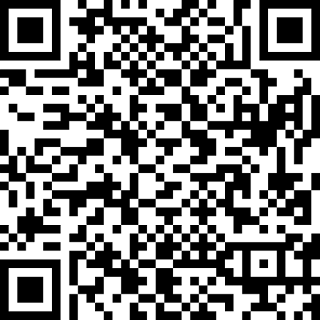ODOO
odoo module
On
this step we will explain :
- Field’s attributes
-
Module's standard structure
To
see field’s attributes click here
Module’s
standard structure is just as bellow
module
__manifest__.py
><
controllers
><
models
><
data
><
i18n
><
views
><
security
><
demo
><
static
><
wizard
><
report
><
doc
><
test
Now
let us explain them one by one :
Controllers
: contains the code
files for the website controllers, for modules which are providing
that kind of feature .
Models
: contains
the backend code files, creating the Models and their business logic
(contain the python files which create models)
Data
: contains
other data files with module initial data
I18n
: is where Odoo will
look for the translation (contain translation file for many
languages)
Views
: contains
the XML files for the user interface, with the actions, forms, lists,
and so on
Security
: contains the data
files defining access control lists (contain files which define
permissions)
Demo
: contains
data files with demonstration data
Static
: is
where all web assets are expected to be placed (contain web assets
files such as css, js … files)
Wizard
: Wizards describe
stateful interactive sessions with the user through dynamic forms
(contain all wizard files)
Report
: contain reports
files
Doc
: contain
documentation files
Test
: contain the test files which are python file have names start with test_ "eg: test_patient.py"
Watch on YouTube
PREVIOUS STEP NEXT STEP
Watch on YouTube
PREVIOUS STEP NEXT STEP




No comments:
Post a Comment